News About AR and the Metaverse
This article discusses the Growth of this segment of the gaming market, how interoperability will improve the experience, and Apple’s role in the game. It also examines the future of interoperability. Ultimately, this article will shed light on the future of gaming in general. This article will be informative for anyone interested in AR and the Metaverse. You can read it all here. Then you can decide whether to sign up for a free account or not.
Metaverse fashion week
Decentraland kicked off Metaverse Fashion Week on March 24. The three-day event will feature runway shows, afterparties, shopping, and panel discussions with industry heavyweights. In addition to a high-end brand, Decentraland has brought in smaller, niche players to participate in the event. Here’s a sneak peek at what you can expect. This is not your average fashion week. There’s something for everyone.
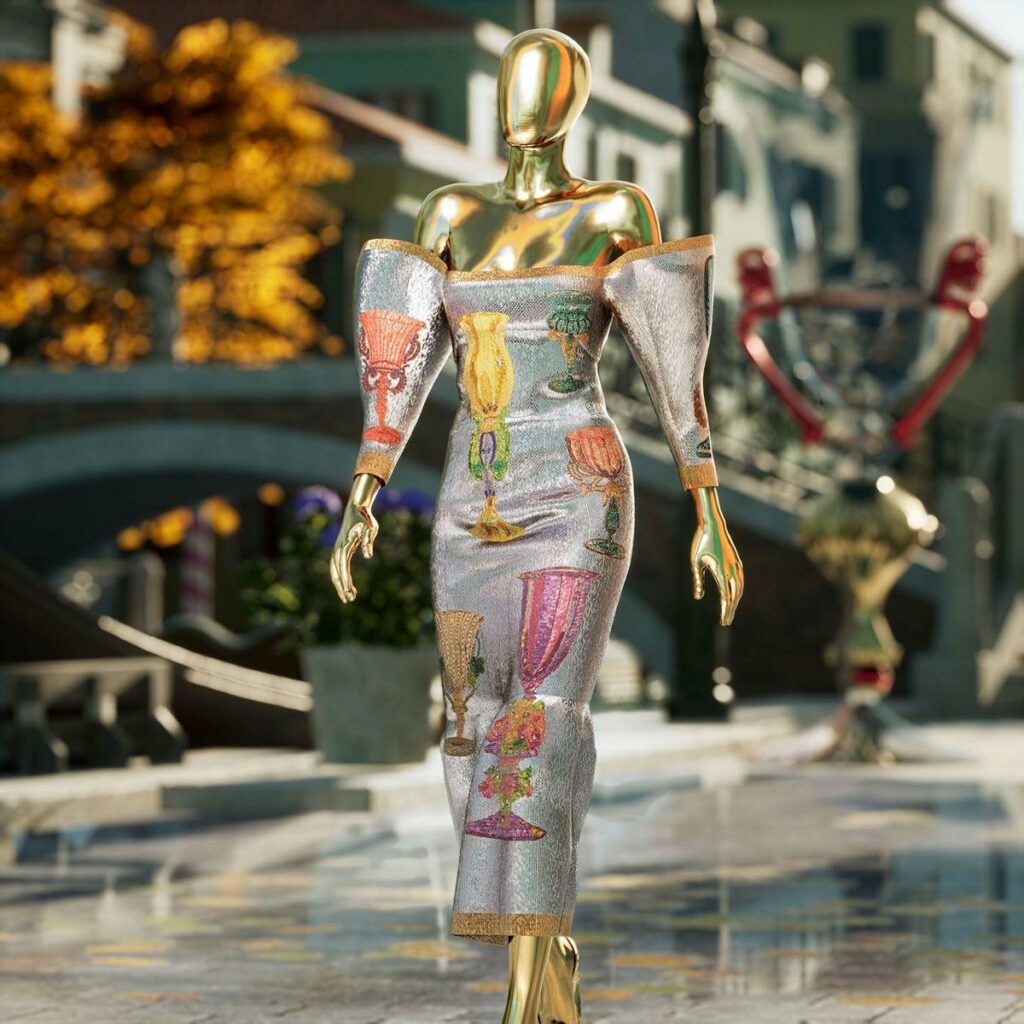
Dolce & Gabbana x UNXD
catwalk show was perhaps the biggest failure of the week. The models wore mediocre garments, including branded Buta. This show took place in the same venue as Dolce & Gabbana, but with far fewer special effects. It also didn’t have enough glow. Another problem was audience behavior. While many avatars beamed in late, others simply stared blankly at their screens.
To participate in Metaverse Fashion Week, you need an Ethereum wallet and an Internet connection. In the game, you’ll receive coordinates to different parts of the neighborhood. Some of the most prominent fashion brands will be there, and you’ll have the chance to check out pop-up shops and boutiques that sell digital wearables. Some NFT natives are jumping on the bandwagon, too. Rarible, the digital marketplace, will be hosting a pop-up shop in the virtual town of Metaverse. Moreover, Boson Protocol has purchased a plot of land in the metaverse for a shopping mall. The boulevard will be filled with dozens of stores, from boutiques to luxury designers.
Growth of gaming market segment
As virtual reality and immersive content continue to gain momentum, the gaming market segment is also attracting new players. Major players in this market include Niantic, Inc., which raised $300 million from the Pokemon GO gaming company and plans to develop a real-time virtual world platform. Meanwhile, Epic Games Inc., recently raised USD 1 billion in a series of funding rounds, including a $200 million strategic investment from Sony Group Corporations. The company is also planning to create advanced software for artists to use in its games, as well as distribute a free advanced version of its Omniverse software to consumers. Additionally, the company intends to charge USD 9,000 per year for corporate and individual customers.
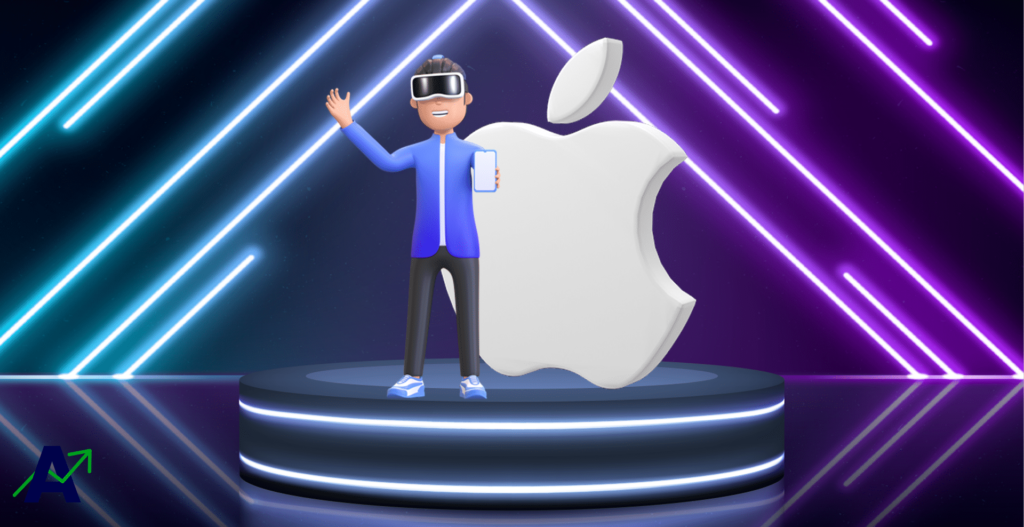
The gaming market segment is expected to increase by a factor of approximately 30% in the next five years, as more consumers access VR devices. The soaring accessibility of VR devices, combined with the rapid advances in VR technologies, has driven the growth of the metaverse market globally. In addition, Oculus Quest, an all-in-one VR headset with positionally tracked controllers, is expected to revolutionize the gaming industry. With loads of innovations and improvements, this market will grow at a phenomenal rate.
Future of interoperability
Interoperability in the Metaverse will function similarly to the current internet, where users can access any website with just one wallet. The key to interoperability is interoperability across all layers, including the Internet (which forms the foundation layer) and the blockchain ecosystem. Infrastructure will include the Internet and blockchain, as well as hardware components such as IoT and big data. Content, in turn, will include applications and platforms.
While big tech companies like Apple and Facebook use similar technologies, they haven’t built their systems to function together. Because of this lack of interoperability, it is hard for users to move from one platform to another or integrate their digital lives across different companies. But blockchain technology could change this. By enabling decentralized systems, developers and other stakeholders can cooperate more easily. Blockchain technology could also serve as the infrastructure for the future of the Metaverse.
Apple’s role in the market
The term “metaverse” has been gaining steam in recent months, as more people become curious about the technology. Google searches for the term were 100 times higher in late October than in early 2021, a period coincident with Facebook’s recent name change. As a result, the company has positioned itself as a leader in this emerging space and has a history of ushering skeptical consumers into new ways of computing. Analysts at Morgan Stanley have also put Apple at the center of the discussion, saying the Cupertino company is set to unveil an AR wearable next year.
While Apple’s involvement isn’t necessary to create a metaverse, it certainly benefits from it. According to Morgan Stanley analysts, the tech giant plans to invest 91 billion dollars in R&D over the next three years in search of its next big hardware hit. Apple CEO Tim Cook recently said that the company seeks to find areas of convergence between hardware, software, and services. In other words, “the intersection of hardware, software, and services is where the magic happens.”


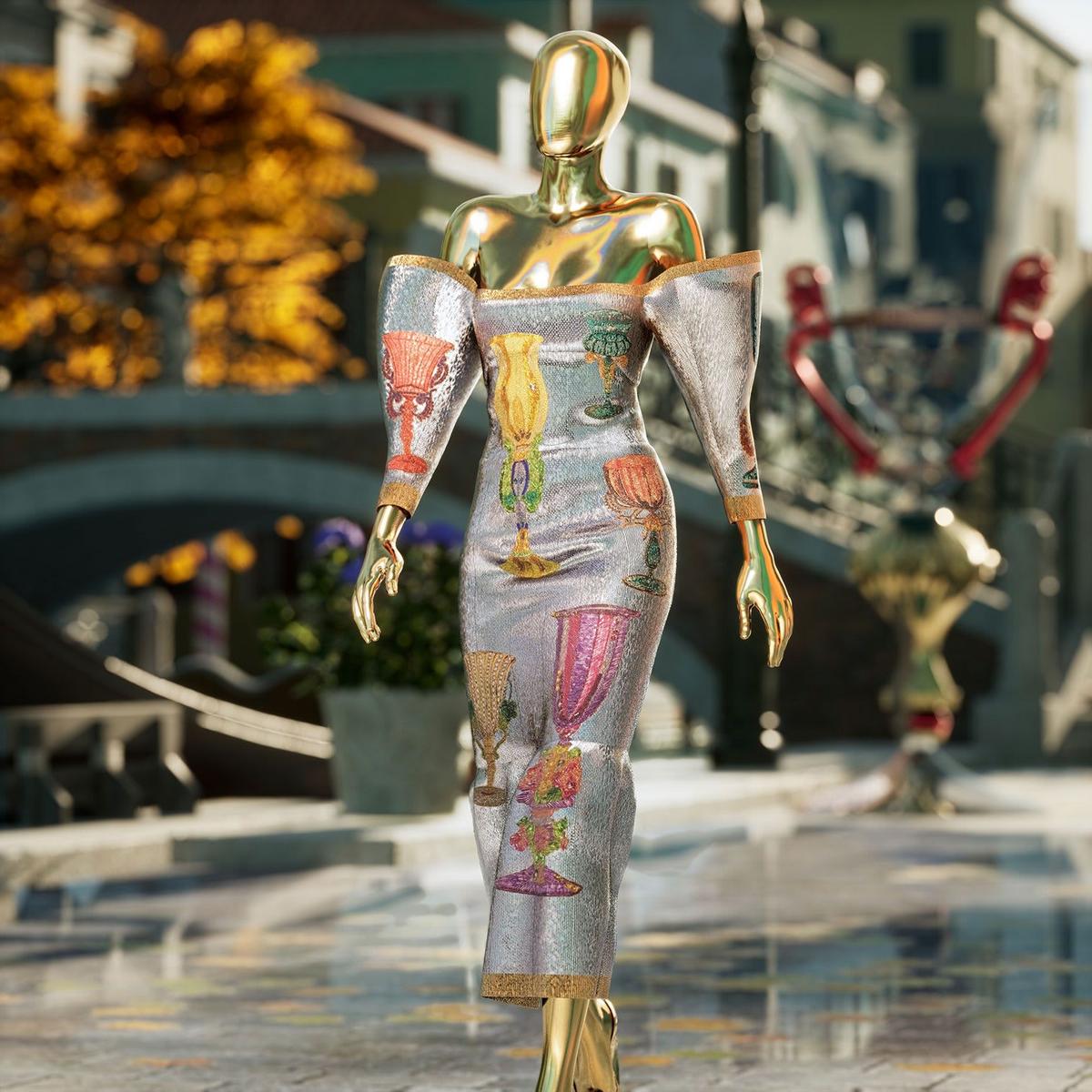

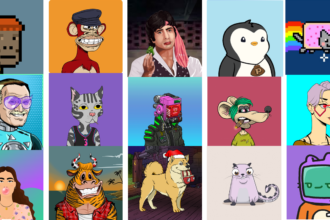
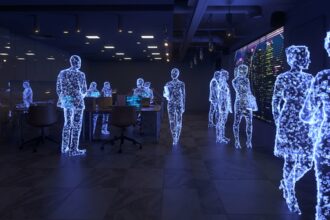
Leave a Reply